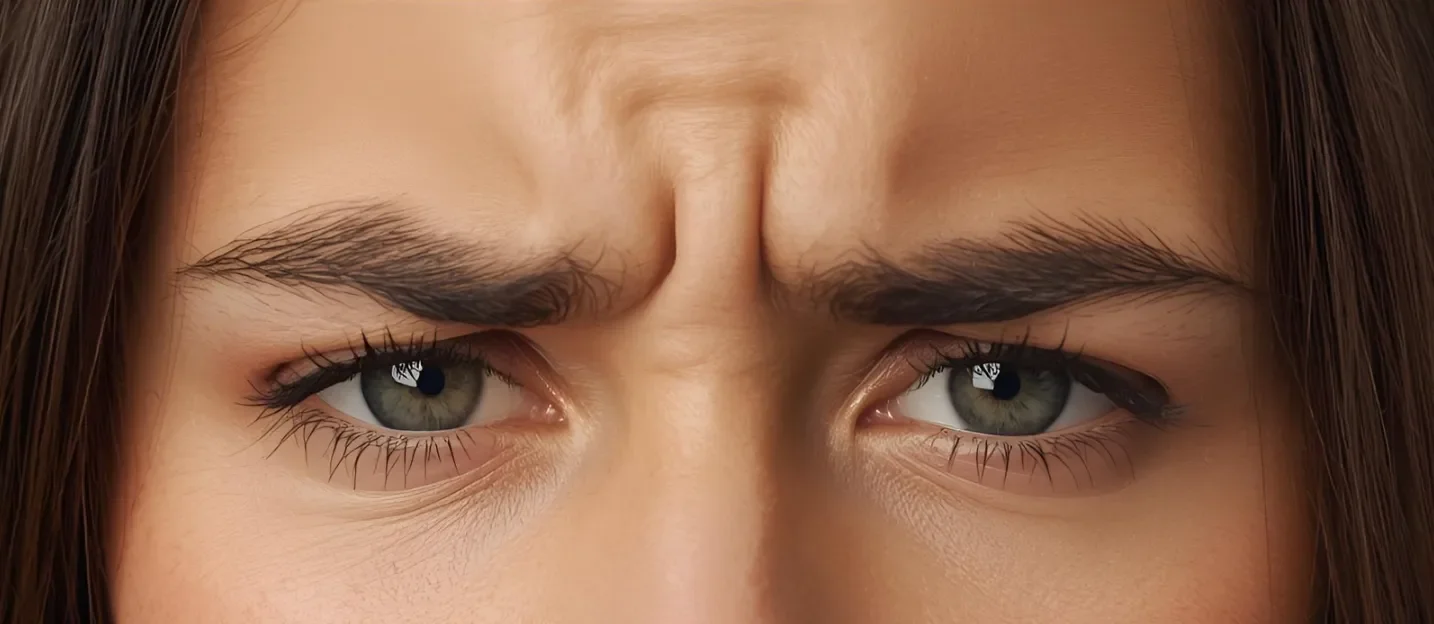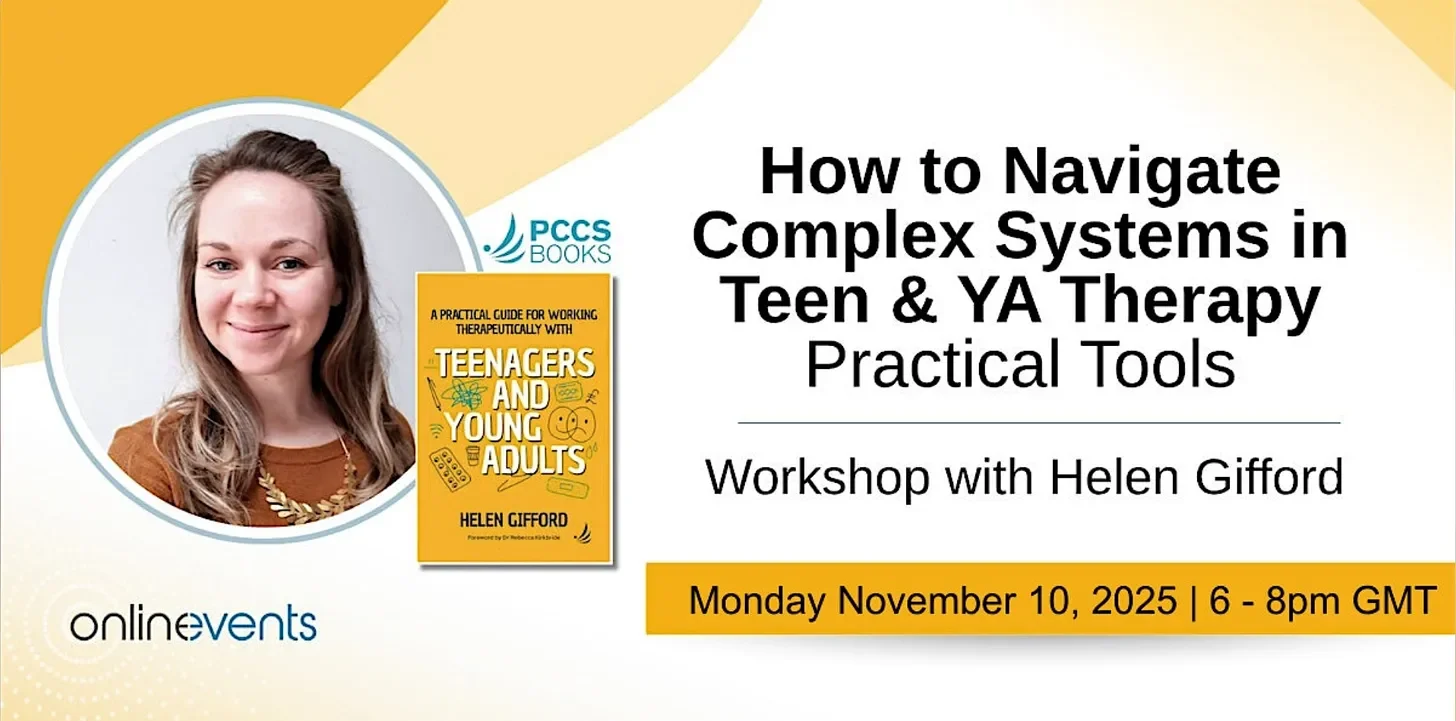The Myth of Neutrality:
Why Honesty is the Truest Form of Therapy
Neutrality and the Therapeutic Stance
I’ve always shied away from political posts, from making strong public stances, partly because - ugh, confrontation - but also because, in counselling, we are often trained to strive for neutrality, like the BBC. But we know that no one is ever truly neutral. I don’t mean neutrality in the analytic sense of curiosity and openness, that remains vital, but the kind of emotional or moral neutrality that denies what’s happening in the world.
However, in the written word and on social media, that trained neutral stance has held far firmer than it does for me in real life and in my actual therapeutic work. I believe in being truthful. This means that I will never offer up my opinions uninvited, but if I am asked, or if there is a question of safety, I will share them. Dishonesty and evasive answers are not conducive to a trusting relationship, especially with young people.
I strongly believe in inclusion, in community, in care. Worth is not defined by sex, gender, race, culture, religion, job, income, style, lifestyle, or any other ridiculous means we use to isolate humans. As long as someone isn’t causing harm, they deserve the chance at life as anyone else, and respect.
Kai rejected the counsellor’s offer of water, immediately realising they were actually thirsty. This was a pattern they often fell into when anxious: just saying no. Ironically, it was probably something useful to talk about in counselling, but they weren’t sure what they were meant to be doing.
They hadn’t been in therapy long and arrived today on edge and hassled. Their trip to the session took them through town, where there were heavy delays due to an unexpected protest. A sea of England flags was waving, with a line of police right next to their bus stop. Kai walked the slightly longer way round and stood hidden until the bus arrived. The whole situation felt quite new. Kai was of mixed heritage, with lighter skin and a very definite local accent. They grew up with little thought of racism, enjoying the social side of school and loving art college, before starting in a creative agency where diversity was revered. While their family was drawing on old, collective experiences and community jargon to discuss the current situation, for Kai, this was a fresh, unsettling encounter.
They found themselves regularly scanning the environment, considering who was an ally.
Was this therapist an ally?
Did they think Kai should go ‘home’? And ‘home’ meaning a country Kai had only visited for 10 days once? Did they judge their coloured hair, their gender neutral style?
The counsellor was looking at them expectantly. Kai took a breath and mentioned the crowd with their flags, immediately seeing a slight furrowing of her brow in concern, a look of subtle disdain, of sadness. Kai felt immediate, profound relief, their shoulders dropping. The rest of the session didn’t even focus on the flags, but Kai could relax in the safety of knowing that they were welcome.
Honesty as Connection
Many people have always struggled with racism, intolerance, and judgment, but some, like Kai, are currently feeling the chilling resurgence of hate anew.
Because of experiences like Kai’s, I will always answer when someone asks my perspective, in a simple and reserved way. It also means I will react nonverbally in an empathic response. It’s honest, it’s real, it’s a connection, and in those moments, it is therapy. This is not performative allyship, but relational authenticity.
I’ve spent years learning that in the therapy room, true safety isn’t built on rigid neutrality; it’s built on honesty and authentic connection. When a young person asks, “Am I safe here?” or “Do you see me?” our simple, human reactions, verbal or non-verbal, become the most profound therapeutic tool we have. These are the moments that build trust and affirm a person’s worth.
🍃💛 Reflective moment: What does authentic alliance look like in your practice or your relationships today?
Whether you are reading as a professional, a parent or someone interested in therapy, I would love to hear your thoughts and reflections. Please share a comment or message.
Until next time,
💛🌿 Helen
If you are interested in supporting young people, join me for a workshop exploring the complex systems young people navigate and the ones we can lean on as professionals supporting them.
Note:
As always, today’s vignette is fictional, drawn from composite experiences to protect confidentiality.




